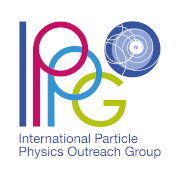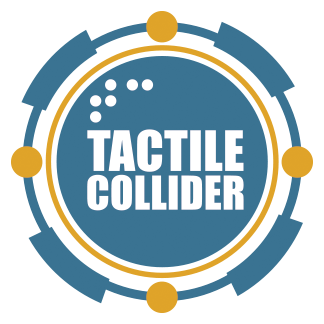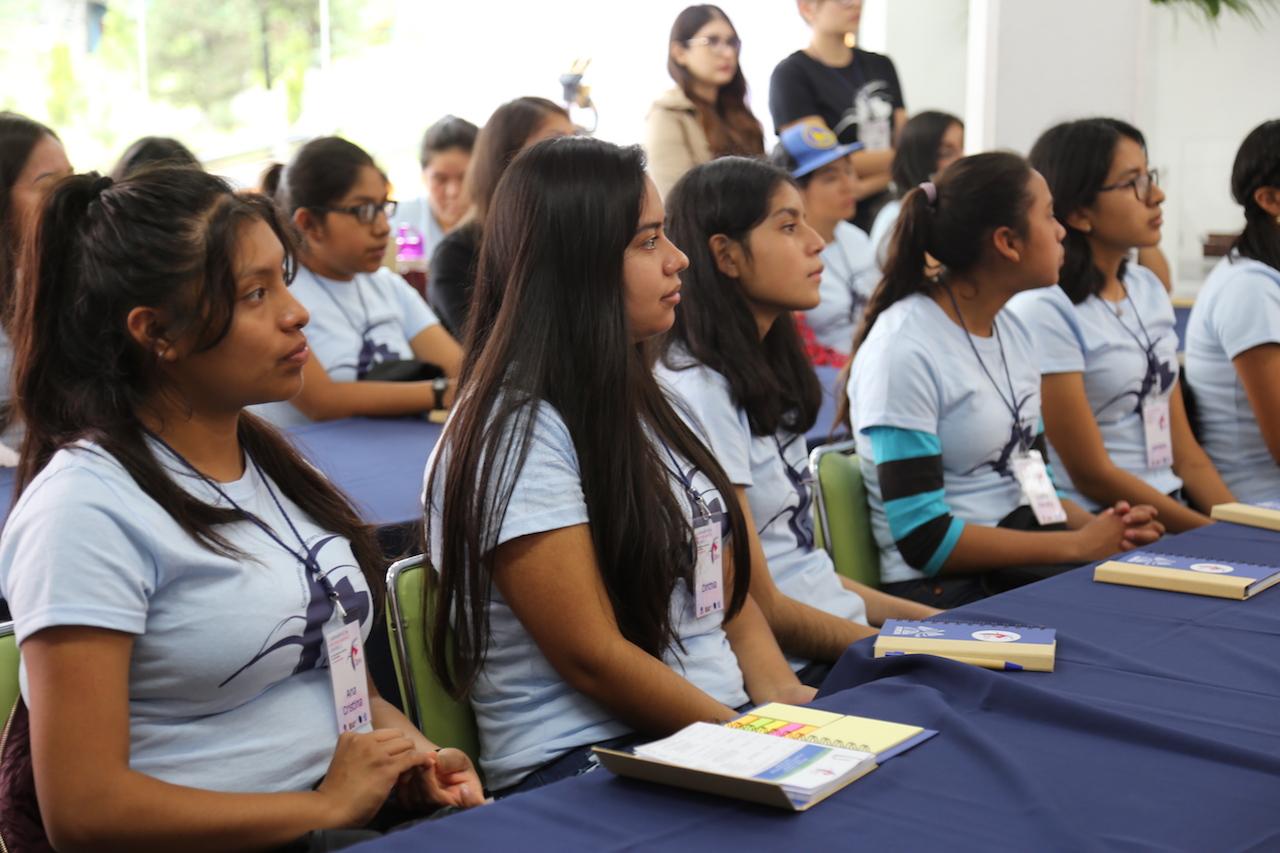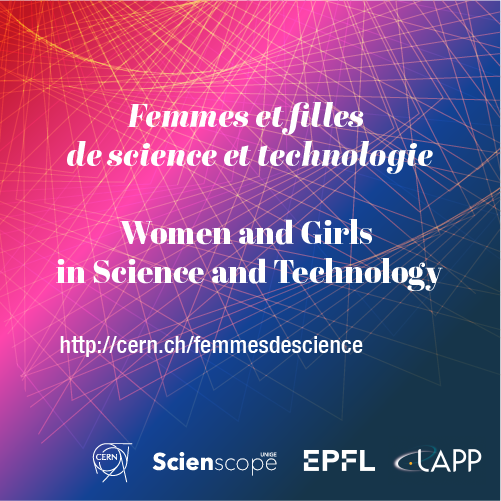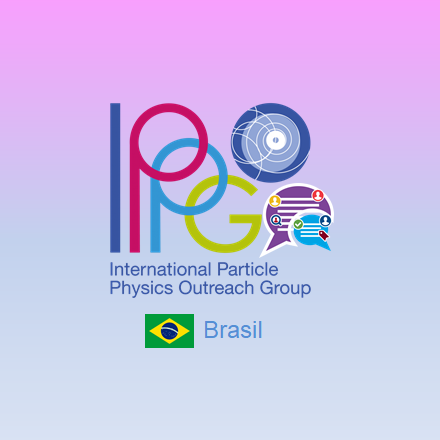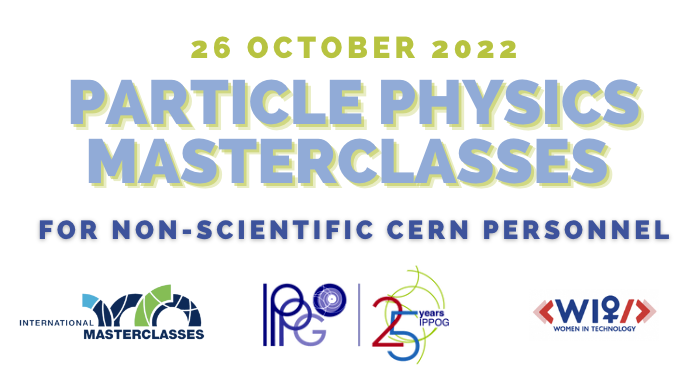Tag: Diversity
-
Communicating science to the visually impaired and Tactile Collider
Tactile Collider aims to remove barriers that can prevent blind and partially sighted learners from engaging with science. They worked with visual impairment (VI) experts and consultants to develop new models and ways of science engagement and communication for young people who are blind or visually impaired.
-
REINFORCE multi-sensorial analysis with the SonoUno-Software
REINFORCE developed a multi-sensory approach (image, sound, tactile models) for data analysis and visualization with sonoUno, a user-centered software. To make it accessible, they created twelve training modules, three for each of the four projects developed within REINFORCE.
-
HAWC Outreach educational activities in Mexico
The INAOE is deeply involved in two STEM programs coordinated by HAWC collaborator Ing. Janina Nava : “Por mas Mujeres en ciencia y tecnología” : Camps dedicated to exploring science and fostering personal growth tailored for female high school students with difficult background. “Mujeres en STEM Futuras lideres” : A mentoring program designed for young…
-
Women and Girls in Science and Technology
In celebration of the International Day of Women and Girls in Science, local schools hosted one-hour presentations by women working in STEM fields over the course of a week. This event is held in the canton of Geneva, the district of Nyon, and the departments of Ain and Haute-Savoie.
-
IPPOG Inspired Activities in Brazil
The IPPOG Brasil working group is a network of various actors involved in outreach activities and teaching of high-energy physics. A website hosted by the Brazilian Physical Society serves as a communication channel between the scientific community and the public, exclusively in Portuguese. They run Masterclasses, set up a cosmic ray detector network in high…
-
IPPOG Masterclass for non-scientific Personnel
The project is based on the fact that 97% of CERN’s staff are non-scientists. The goal is to adapt the masterclass intended for students to benefit non-scientific personnel, to offer them hands-on experience and insight into the work of their scientist colleagues. These sessions improve their capacity to support the organization’s mission and outreach.
